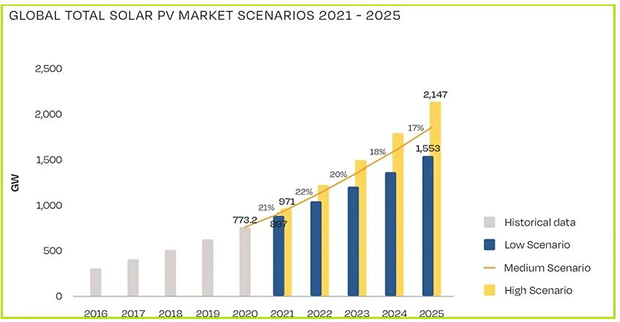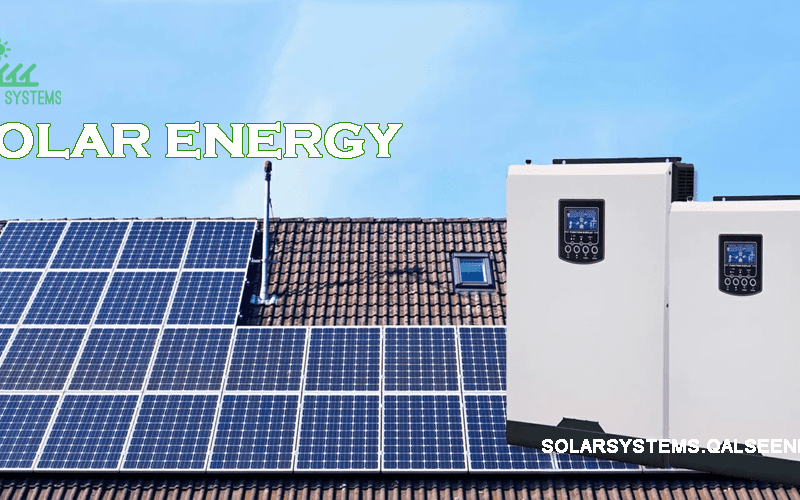
The Evolution of Solar Technology: The Rise of Hybrid Solar Inverters
Solar energy. Just hearing the word conjures images of a cleaner, brighter future. From humble beginnings with basic photovoltaic cells to sophisticated systems today, solar technology has come a long way. And right at the heart of this evolution? The unsung hero – the solar inverter. Let’s look at its latest incarnation, the hybrid solar inverter, and embark on a journey that takes us from the past through the present and into the future.
The Early Days of Solar Technology
My grandmother used to tell tales of the first solar-powered calculators. Thin, fragile strips, those early photovoltaic cells were quite the marvel. But like every fledgling technology, there were hiccups. Traditional inverters converted sunlight into usable electricity and were basic and sometimes unreliable. They served their purpose but needed evolution for solar power to shine truly.
Birth of the Hybrid Solar Inverter
Enter the Solar Inverter – the best of its kind in Pakistan—a game-changer. Like the brilliant offspring of a genius union, it brought together the best of both worlds. These inverters were designed to work hand-in-hand with energy storage solutions. Imagine when you first tried a food fusion, say a cronut (croissant + donut). Like a cronut, the hybrid inverter was both surprising and innovative in the best ways possible.
Benefits of Hybrid Solar Inverters
Hybrid solar inverters represent a breakthrough in renewable energy, merging the capabilities of traditional solar inverters with modern battery storage systems. This fusion doesn’t just result in a technical advancement—it paves the way for a more sustainable and efficient energy future. Let’s dive deeper into the manifold benefits of hybrid solar inverters:
1. Enhanced Energy Efficiency and Management
- Peak Load Shaving: One of the primary benefits of hybrid inverters is their ability to manage energy demands smartly. During periods of high energy demand, instead of drawing power from the grid, households can use stored solar energy, thereby reducing peak demand charges.
- Load Shifting: Hybrid inverters can store energy during off-peak hours when electricity is cheap and use it during peak hours, ensuring that homeowners make the most economical use of their energy.
- Increased Self-consumption: They come powered with the best batteries, most suitable for Solar in Pakistan. Households can maximize their solar energy consumption, reducing the need to draw electricity from the grid.
2. Flexibility and Scalability
- Grid-agnostic Functionality: Hybrid inverters can operate with or without the grid. This means that homes with hybrid inverters can remain powered by their stored solar energy during blackouts or periods of grid instability.
- Compatibility with Multiple Battery Technologies: Hybrid inverters are designed to be adaptable. They can work with various battery technologies, allowing homeowners to choose a battery that fits their needs and budget.
- Future-proof Design: As technology evolves, hybrid inverters can be easily upgraded or scaled to accommodate more panels or larger battery storage, ensuring homeowners aren’t left behind.
3. Economic Advantages
- Savings on Electricity Bills: Homeowners can significantly reduce their electricity bills by maximizing the use of generated solar energy and reducing reliance on the grid, especially during peak hours.
- Potential Revenue Streams: In some regions, homeowners with hybrid inverters can sell excess energy back to the grid, turning their homes into potential revenue-generating assets.
4. Environmental Benefits
- Reduced Carbon Footprint: Using more solar energy means less reliance on fossil fuels. This results in a significant reduction in household carbon emissions, contributing to a greener planet.
- Sustainable Energy Use: Hybrid inverters encourage and enable the efficient use of renewable energy, pushing societies closer to sustainability goals.
5. Reliability and Resilience
- Backup Power Supply: In case of blackouts or grid failures, homes with hybrid solar inverters can rely on their stored energy, ensuring they aren’t left in the dark.
- Protection Against Energy Price Volatility: By storing and using solar energy efficiently, homeowners can shield themselves from unpredictable energy price hikes, securing a more stable energy future.
In essence, hybrid solar inverters represent a technological step but a leap towards a more sustainable, efficient, and resilient energy landscape. The benefits are profound and far-reaching, whether it’s the promise of reduced bills, a greener planet, or simply the assurance of lights that stay on when the grid goes down.
Conclusion
As we stand at the cusp of an energy renaissance, it’s heartening to look back at our journey. Hybrid solar inverters from professionals like LIVOLTEK symbolize human ingenuity and our relentless quest for a better, greener future. As the sun sets today, it’s comforting to know that with every dawn, solar technology, with the might of hybrid inverters, is bringing brighter days ahead.
FAQ
- How is a hybrid inverter different from a standard inverter?
While standard inverters only convert solar energy into usable electricity for immediate use, hybrid inverters can also store excess energy in batteries for future consumption, ensuring optimal energy management.
- Can I use a hybrid inverter without connecting to the grid?
One of the main benefits of hybrid inverters is their ability to function both on and off-grid, providing flexibility and resilience against power outages.
- Is a hybrid inverter compatible with all battery types?
Most hybrid inverters are designed to be compatible with various battery technologies. However, checking with the manufacturer for specific compatibility guidelines is essential.





